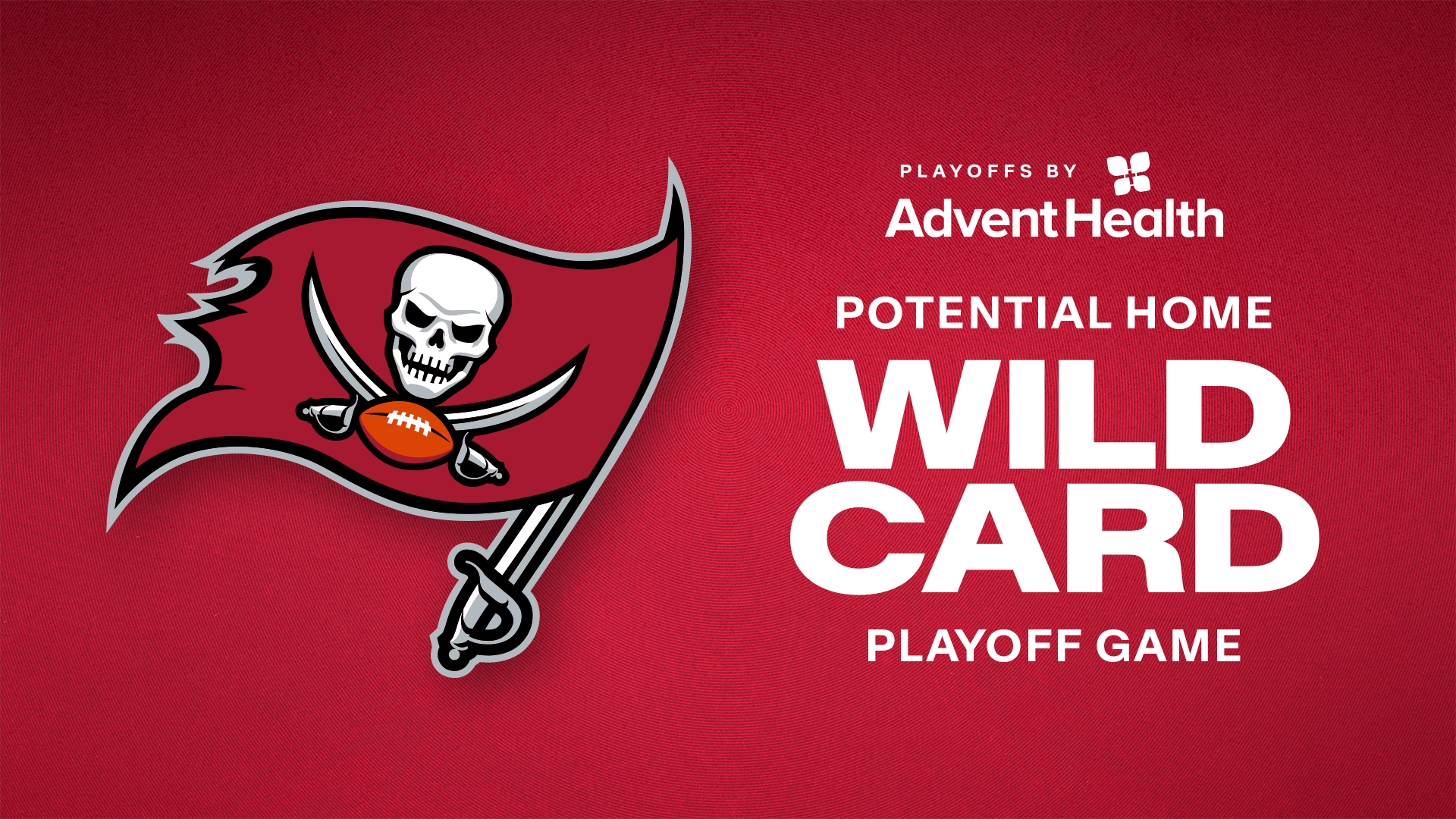There are some obvious effects to what a more established run game can provide an offense, even in this seemingly pass-happy world we are all now living in. The truth is, it actually helps the pass and encourages more explosive plays in an indirect way.
Explosiveness is largely what has allowed the Bucs' offense to be so successful through the first quarter-plus of the 2018 season. Tampa Bay has the most passing plays of over 50 yards in the league this season with five total. A couple 75-yard touchdowns come to mind quickly. Those were fun. The Bucs also have 45 passing plays of over 15 yards, or what constitutes as an 'explosive' play through the air. That number is good for fourth-highest in the league. What's even more impressive is that with a 14.6 yard-per-completion average overall, also good for highest in the league, the Bucs are nearly averaging an explosive play with every caught ball.
But that isn't enough. It could be even better and what can help create more of those types of plays? Would you believe running the ball is the answer there, too?
"What adds to explosive plays?" Bucs' Offensive Coordinator Todd Monken asked. "Play action. What helps play action? Being able to run the football. At least be able to put that in the defense's mind to be able to run it."
See, running the football isn't a priority for the Bucs just because they want a balanced offense and see the running backs get more involved, though that's certainly part of it. Establishing the run game opens up more opportunities for those explosive plays because it helps to sell play action. If you've been running the ball effectively, the threat to the defense is real and they can't anticipate whether you're actually planning on passing or handing off. The purpose of running play action is to one, see if you can get any defender to bite on the run and therefore stay in the box when they would normally kick out into coverage. Secondly, play action also buys time, which allows routes to develop for your receivers.
"That all fits together," Monken continued. "[The run game] also helps in terms of your protection, being able to run the football so they just can't tee off. We've got to do it better. The two main areas are run the football better, calling it better and not turning it over."
The notion of the running game helping in protection may seem almost contradictory at first, considering sometimes it's running backs that are in on the protection itself to buy the quarterback more time. But if the defense sets up to defend a pass, you're going to have some room in front of you to run and take advantage of the pass coverage. Or in trying to defend the run, there are less guys available to blitz, which can also lighten the load on the offensive line and give the quarterback more time. Running backs also provide a check-down option in the pass game so that the quarterback can get rid of the ball quicker on these short screen passes that seem to be ever more popular.
"It's also part of offense's rhythm," Monken said of the run game, despite being perhaps more known for his partiality to the pass. "I really do believe that. If you're not careful, if you're scoring fast or if you're getting off the field fast, you're putting your defense right back on the field forcing them to play an extended number of plays."
Time of possession has been something that hasn't necessarily been on the Bucs' side, even in wins as well. The offense has almost been too efficient in scoring points. For example, in the Bucs' win over the Philadelphia Eagles in Week Two, their longest scoring drive was just 3:12. The first two scores came on one-play bombs that took 11 and 12 seconds, respectively. The Bucs' overall time of possession was just 24:21 compared to the Eagles' 35:39. That's a lot of time for the defense to have to be on the field. Running the ball simply takes more time off the clock and is a necessary component to a longer, more balanced drive that can give the defense a breather. Though, let me just say, I'm in no way complaining about seeing tight end O.J. Howard streak down the sideline for a 75-yard touchdown on the first play of the series.
The point of all this is that the benefits to a more established run game are plentiful. It's part of 'complementary football' that Monken and his offense strive for. So why aren't the Bucs doing it? Monken had an answer for that, too.
"It's hard to get in a rhythm if you're not running it or getting repeat runs in a game, that can be part of it," Monken explained. "Some of that has been a by-product of where we've been in games. Some of the games it's worked early, so we've continued to throw it and then there have been some games where we got behind so that doesn't add to it as well. But we have to be able to run the ball."
The urgency is there, and not just for Monken. His players realize they aren't playing up to the potential they know they have. They aren't satisfied with just being successful in the passing attack and to probably no ones' surprise, left guard Ali Marpet was one of the first to take accountability for the poor production on the ground.
"It's on everyone involved," Marpet said. "You take ownership first, we're not playing at a high enough level. I think if you ask the running backs, they would say the same thing. When the opportunities are there, we have to be able to make plays and we haven't so it is very frustrating."
"Obviously, we can do a lot better and be more consistent with things, like running the ball and sustaining it," left tackle Donovan Smith added. "Doing the little things right, like technique and stuff like that so I think we're pretty good but we're only just getting started. It's only going to get better."
The Atlanta Falcons are allowing 121.4 yards per game on the ground on average this season. They're giving up close to five yards per rushing play to opponents, so the opportunity for the Bucs to get their run game involved is there this weekend. The Bucs may be employing running back Ronald Jones in addition to Peyton Barber for this game as well after getting Jones his first taste of NFL action in Chicago during Week Four. Jones and Barber's games are very complementary (there's that word again) to each other, with Jones known for his bursts of speed back in college and Barber known for his in-between-the-tackles ability. If the tandem can get some opportunity from their offensive line against a struggling Atlanta rushing defense, we could see all the benefits mentioned above come to fruition this weekend.
























